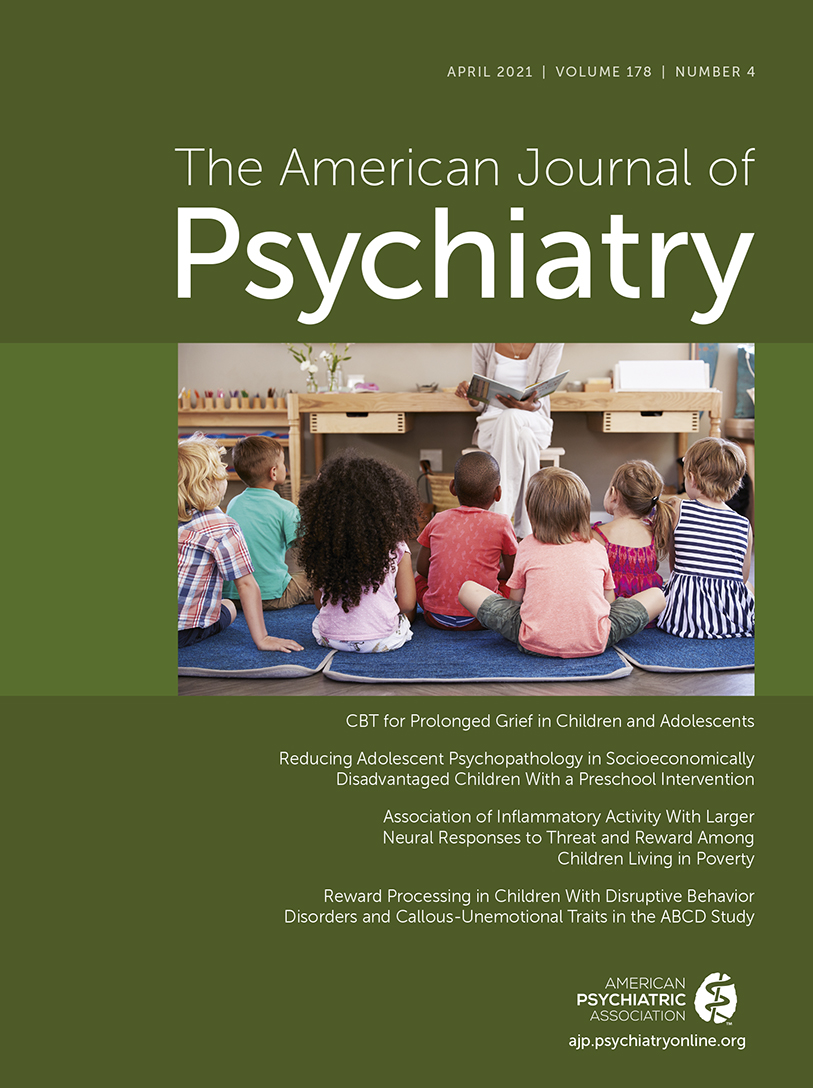Highlights From Residents’ Journal: March 2021
The Residents’ Journal is a quarterly e-publication that serves as a forum for resident physicians and fellows to share ideas and experiences in training, clinical practice, research, and careers.
Psychiatric Changes in Athletes Following Traumatic Brain Injury in Sports: The Need for More Research
Vincent J. Borkowski, M.D., Ph.D.
Traumatic brain injury (TBI) is a major source of morbidity and mortality in contact sports. TBIs can result in many short-term and long-term physical and mental sequelae that are currently being actively researched. The full range of TBI-related psychiatric changes has not yet been comprehensively examined. It has been suggested that a history of head trauma sustained in contact sports, such as professional football, may be associated with changes in personality and cognitive function in the adult population. However, more research is needed for determining a link between TBI and long-term psychiatric changes, such as depression and anxiety.
Neurosyphilis With Psychosis as the Primary Presentation
Lauren M. Nutile, M.D.
Patients with neurosyphilis, which is now a rare disease because of the availability of antibiotics, can initially present with psychiatric symptoms instead of the more well-known physical findings, such as general paresis, tabes dorsalis, and Argyll Robertson pupils. A subset of patients with primarily psychiatric symptoms beginning later in life tend to be incorrectly diagnosed as having late-onset schizophrenia. This case report describes a 67-year-old female with psychiatric symptoms starting 8 years prior to presentation who was misdiagnosed with late-onset schizophrenia.
Telepsychiatry: A Unique Opportunity for Learning the Psychiatric Interview
Yochai Re’em, M.D.
The COVID-19 crisis has forced mental health services to transition to a new era in digital communication. As a result, guidelines have rapidly expanded in order to improve access to care. This new reliance on telepsychiatry brings an opportunity to transform trainee education by emphasizing digital modalities early in teaching the psychiatric interview, serving as an additional support for growth through methods not easily achieved in person.
Also in this Issue
Transforming Into a Telemedicine Trainee
Jacqueline Hirsch, M.D.
SSRI-Induced Hypersexuality
Shiwen Yuan, M.D., and Courtney E. Deban, M.D.
Stewart Paton: Mental Hygienist and Father of College Psychiatry
Jessica Wang, D.O.
Mind and Body: The Power of Using Creative Arts in Psychiatry
Audrey Soojung Sung, M.S.



